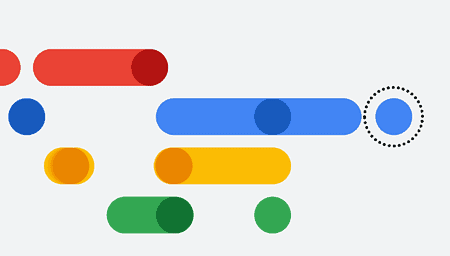Google has removed a method that allows websites to detect visitors who have used Chrome’s Incognito Mode. From the end of July onwards, websites will no longer be able to see whether or not a visitor has this mode enabled.
Detecting the Incognito Mode was possible via the FileSystem API, writes ZDNet. If that API is available, someone will use the regular Chrome browser. If the API is not available, websites could determine that the visitor was sitting in an Incognito tab. The Incognito Mode is used by websites to keep track of how many visits they have had in a certain period of time. In this way, for example, a limited number of free items per month is offered to a user.
However, the method of recognizing the Incognito Mode disappears in Chrome 76. The behavior of the FileSystem API is adapted to remedy this method of Incognito Mode detection, according to the Internet giant. Chrome is also working on solutions for other current or future methods to detect the Incognito Mode.
Websites have to wait and see
According to Google, websites that complain and ask visitors to switch to regular browser tabs have to wait a while, and first have to see how much difference the change will make, before any action is taken. Websites that want to discourage circumvention of Incognito Mode have options such as reducing the number of free items a person can see before they have to log in, requiring free registration to view content and hardening their payment walls, according to Google.
Google argues that approaches based on detecting private surfing undermine the principles of the Incognito Mode.
Bug Bounty raised
Google also announced that it has tripled the maximum basic reward for finding a vulnerability in Chrome from $5,000 to $15,000. The maximum amount that can be earned with this has been increased to $30,000. For finding an error in Chrome OS, a security visitor can now earn a standard reward of $150,000.
This news article was automatically translated from Dutch to give Techzine.eu a head start. All news articles after September 1, 2019 are written in native English and NOT translated. All our background stories are written in native English as well. For more information read our launch article.

















